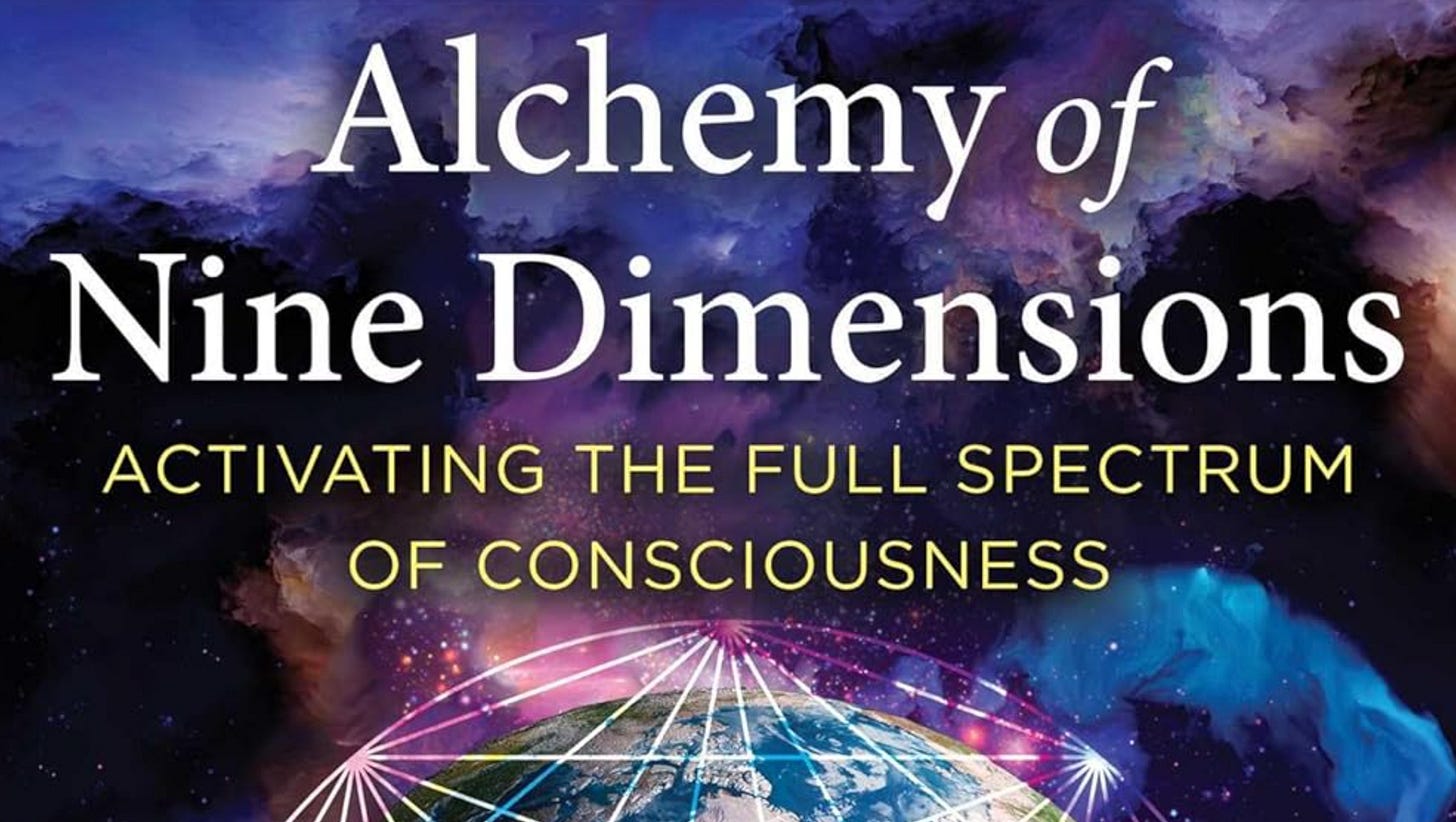The Age of Noetic Leadership
Why Deep Knowing Is Our Greatest Imperative—And Why It Remains Rare
The Urgency of Noetic Leadership—And Why It Remains Rare
Despite its necessity, noetic leadership—rooted in deep intuition, interconnected wisdom, and expanded consciousness—remains uncommon. Centuries of rationalist dominance have conditioned us to prioritize logic over inner knowing, dismissing intuitive intelligence as unscientific. Our educational systems reinforce this by rewarding analytical thinking while neglecting introspection and nonlinear insight.
Traditional leadership thrives on predictability and control, whereas noetic intelligence embraces uncertainty, emergence, and systemic awareness. This challenges existing power structures, which resist surrendering to a greater intelligence beyond the ego. Additionally, corporate short-termism discourages deep visioning, favoring immediate, measurable results over holistic, long-term transformation.
You'll find useful Book tips at the bottom of this article
Culturally, inner work is still seen as esoteric rather than essential to leadership. Yet, history’s greatest visionaries—Einstein, Jobs, and Tesla—relied on intuition as much as intellect. As the world faces unprecedented complexity, the limitations of purely rational leadership are becoming undeniable. The shift toward noetic intelligence is not just necessary—it is inevitable. The future belongs to those who integrate intellect with deep knowing, strategy with soul, and data with wisdom.
In a world where traditional leadership models—based on logic, control, and short-term efficiency—are failing, the demand for a new kind of leadership is undeniable. One that integrates intellect with intuition, strategy with soul, and knowledge with wisdom.
Noetic leadership, grounded in deep inner knowing and expanded consciousness, offers the ability to navigate uncertainty, recognize patterns, and lead with clarity in times of disruption. It is no longer an abstract ideal but an urgent necessity.
Yet, despite its transformative potential, noetic leadership remains rare in mainstream business and societal structures. The reasons for this are deeply embedded in our historical, educational, and corporate systems.
Why Noetic Leadership Is Not Yet Common
1. Over-Reliance on Rationalism
For centuries, Western civilization has prioritized logic, analysis, and empirical data as the primary sources of truth. Intuition, inner knowing, and expanded consciousness have been dismissed as unscientific or unreliable, creating a cultural bias against noetic intelligence.
2. Fear of the Unknown
Noetic awareness requires embracing uncertainty, paradox, and nonlinear thinking—qualities that many leaders find uncomfortable. Traditional power structures favor predictability and control, whereas noetic leadership thrives on emergence and adaptability.
3. Educational Conditioning
Our schools and universities train individuals to value external validation, standardized testing, and left-brain cognition over introspection and intuitive insight. This suppresses the natural ability to access deeper knowing and creative intelligence.
4. Short-Term Focus of Organizations
The corporate world rewards immediate results, quarterly profits, and measurable outcomes. Noetic leadership, which prioritizes long-term vision and systemic impact, does not fit neatly into existing performance metrics, making it difficult for leaders to justify its practice within conventional business models.
5. Cultural Resistance to Inner Work
Many societies still view inner exploration—meditation, self-inquiry, or altered states of consciousness—as esoteric or irrelevant to leadership and decision-making. Yet, the most visionary leaders throughout history, from Einstein to Steve Jobs, have emphasized the importance of intuition and deep knowing.
6. The Illusion of Control
A noetic approach requires surrendering to a greater intelligence beyond the individual mind. This challenges the ego-driven leadership styles that dominate today’s institutions, where authority is often maintained through control rather than trust in an interconnected flow of intelligence.
The Shift Is Inevitable
While these barriers remain, they are beginning to erode. The failures of rigid, rational leadership are becoming painfully clear in the face of global crises. As AI takes over analytical tasks, the uniquely human capacities for insight, intuition, and interconnected awareness will become our most valuable assets. Leaders who cultivate noetic intelligence will be the ones who not only survive but thrive—seeing beyond immediate challenges, sensing future opportunities, and leading with vision and wisdom.
Noetic leadership may not yet be common, but it is the future. The time to embrace it is now.
Cheers,
Ron
Book tips
Irreducible
by Faggin Federico | Jun 1, 2024The Realized Light of the Twelve Dimensions: Cosmic Rebirthing and Our Celestial Destiny
by Joshua Reichmann | August 6, 2024
Alchemy of Nine Dimensions: Activating the Full Spectrum of Consciousness
by Barbara Hand Clow | November 5, 2024



